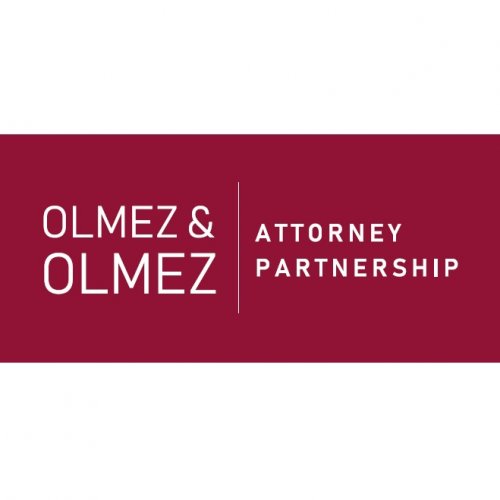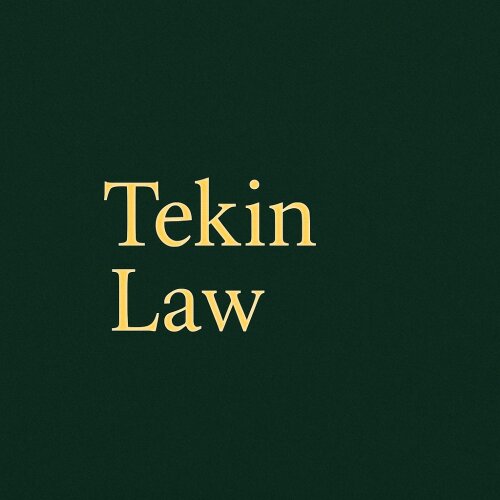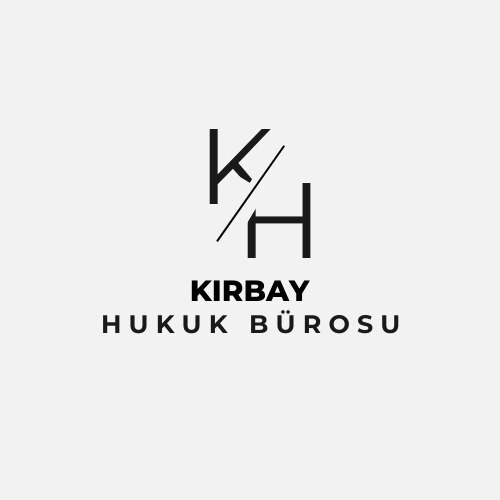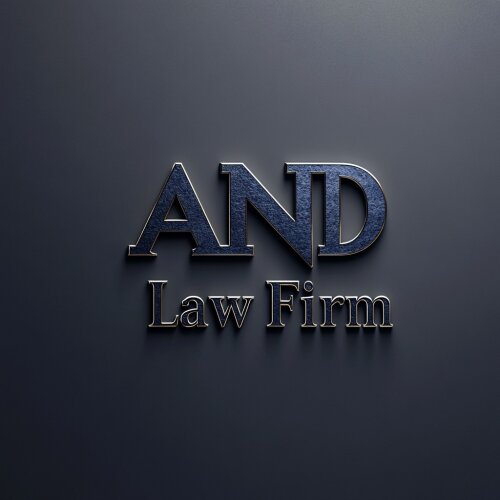Best Sanctions & Export Controls Lawyers in Istanbul
Share your needs with us, get contacted by law firms.
Free. Takes 2 min.
List of the best lawyers in Istanbul, Turkey
Legal guides written by Tekin Law Firm:
- Arbitration in Turkey
About Sanctions & Export Controls Law in Istanbul, Turkey
Sanctions and export controls are legal measures that regulate the movement of goods, technology, services, and funds across borders. In Istanbul, Turkey, these laws have gained significant importance due to Turkey’s strategic geographic position and its active role in international trade. Sanctions refer to restrictions often imposed by the United Nations, European Union, United States, or other countries or bodies, while export controls focus on regulating and sometimes prohibiting particular exports or reexports to ensure compliance with national security and foreign policy. Turkish authorities, including the Ministry of Trade and the Ministry of Foreign Affairs, are responsible for enforcing these measures, which are particularly relevant to companies and individuals engaged in import-export, banking, shipping, and logistics sectors.
Why You May Need a Lawyer
Navigating sanctions and export controls in Istanbul can be complex and challenging. There are numerous instances where seeking legal advice is essential, including:
- Ensuring that your business or trade activity complies with existing Turkish and international sanctions
- Dealing with frozen assets or blocked transactions linked to sanctioned persons or entities
- Applying for export or import licenses for controlled goods or technology
- Facing investigations or penalties from Turkish authorities over alleged violations
- Advising on potential liability before entering into contracts involving foreign counterparts
- Guidance on extraterritorial application of foreign sanctions (such as US or EU sanctions) and how they affect Turkish businesses
- Assessing the risk of “secondary sanctions” for doing business with sanctioned countries or entities
A sanctions and export controls lawyer in Istanbul can help interpret laws, represent clients in administrative or criminal investigations, prepare compliance programs, and communicate with authorities to protect your interests.
Local Laws Overview
Turkey’s sanctions and export controls framework is influenced by its commitments to international organizations and its own national laws. Key points include:
- Turkey generally implements United Nations Security Council sanctions and may voluntarily align with some European Union measures, though not always automatically
- Domestic regulations restrict exports of certain goods, especially dual-use goods (items with both civilian and military applications), firearms, strategic technology, and sensitive chemicals
- The Ministry of Trade issues export licenses and can deny or withdraw permits for non-compliance or risk to national interests
- Anti-terror financing and anti-money laundering laws can lead to asset freezing and other sanctions, often coordinated with international partners
- Violation of export control and sanctions laws can result in substantial fines, loss of licenses, confiscation of goods, and, in serious cases, criminal charges
- Companies in Istanbul conducting international business must conduct due diligence to ensure none of their clients, vendors, or business partners are sanctioned or subject to export restrictions
Frequently Asked Questions
What are sanctions and export controls?
Sanctions are restrictive measures imposed by countries or organizations to influence a nation or group’s behavior, often involving trade bans, asset freezes, or travel restrictions. Export controls involve regulations and licensing requirements restricting exports of certain goods, technology, or services, especially those with national security implications.
Who is responsible for enforcing sanctions and export controls in Istanbul, Turkey?
The Turkish Ministry of Trade is primarily responsible, often working in coordination with the Ministry of Foreign Affairs and financial authorities. Customs officials play a key role in checking compliance at Istanbul ports and airports.
What penalties could I face for violating these laws in Turkey?
Penalties range from monetary fines to, in severe cases, imprisonment. Violators can also face business license suspension, confiscation of goods, and reputational harm.
Does Turkey automatically apply European Union or United States sanctions?
No, Turkey does not automatically implement EU or US sanctions. However, Turkish authorities may consider these when formulating domestic policies, especially when required by international obligations or political considerations.
Are all goods and services subject to export controls?
No, only specific categories such as arms, military or dual-use goods, chemical and biological materials, certain technologies, and items listed by relevant authorities are subject to export control regulations.
What should I do if my business is contacted about a potential sanction violation?
Immediately seek legal advice from a lawyer experienced in sanctions and export controls. Do not communicate further with authorities or take any actions without proper representation and guidance.
Can I obtain a license to export controlled items from Istanbul?
Yes, you can apply for an export license through the Ministry of Trade. Approval depends on the type of goods, destination country, and end use. The process may involve background checks and detailed documentation.
How does Turkey handle requests from other countries regarding sanctions enforcement?
Turkey considers such requests based on its own laws and international agreements. Cooperation often depends on the political relationship and the nature of the alleged infraction.
What are secondary sanctions and could they affect me in Istanbul?
Secondary sanctions are imposed by countries like the United States on foreign parties dealing with sanctioned countries or persons, regardless of their own nationality. Turkish businesses may be at risk if they engage with such entities, even if Turkish law does not prohibit the activity.
What steps can companies take to ensure compliance?
Regularly screen business partners, stay updated on changing laws, conduct compliance training, establish internal controls, and consult with legal advisors to develop effective compliance programs.
Additional Resources
If you need guidance or support related to sanctions and export controls in Istanbul, you can contact or consult:
- Turkish Ministry of Trade
- Ministry of Foreign Affairs of Turkey
- Istanbul Chamber of Commerce
- Financial Crimes Investigation Board (MASAK)
- Customs General Directorate
- Turkish Exporters’ Assembly
- Republic of Turkey Presidential Directorate of Communications for general legal and regulatory updates
- Local bar associations for legal referrals
Next Steps
If you believe you need legal assistance regarding sanctions and export controls in Istanbul, begin by gathering all relevant documents and details about your business activities or transactions. Reach out to a qualified lawyer who specializes in international trade, sanctions, or export control laws. Prepare to discuss your situation openly so the lawyer can assess risks and advise on the best path forward. Regular communication and proactive compliance planning will help mitigate future legal issues and keep your business operations secure and lawful.
Lawzana helps you find the best lawyers and law firms in Istanbul through a curated and pre-screened list of qualified legal professionals. Our platform offers rankings and detailed profiles of attorneys and law firms, allowing you to compare based on practice areas, including Sanctions & Export Controls, experience, and client feedback.
Each profile includes a description of the firm's areas of practice, client reviews, team members and partners, year of establishment, spoken languages, office locations, contact information, social media presence, and any published articles or resources. Most firms on our platform speak English and are experienced in both local and international legal matters.
Get a quote from top-rated law firms in Istanbul, Turkey — quickly, securely, and without unnecessary hassle.
Disclaimer:
The information provided on this page is for general informational purposes only and does not constitute legal advice. While we strive to ensure the accuracy and relevance of the content, legal information may change over time, and interpretations of the law can vary. You should always consult with a qualified legal professional for advice specific to your situation.
We disclaim all liability for actions taken or not taken based on the content of this page. If you believe any information is incorrect or outdated, please contact us, and we will review and update it where appropriate.

















